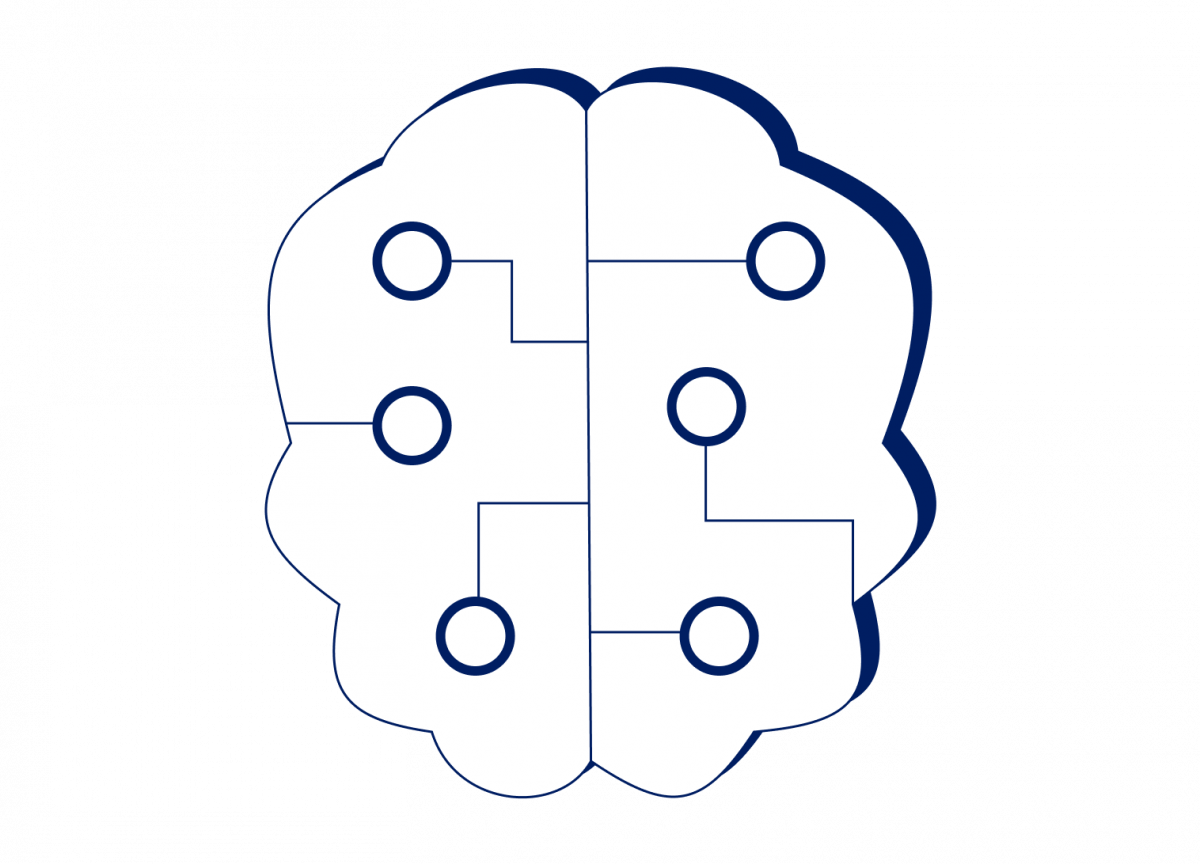If you’re a content creator trying to navigate the ever-evolving landscape of modern content creation, you’ve probably been asking yourself one big question over the past few years: Can Google detect AI content? And if so, how can you utilize AI to your advantage without your site getting penalized by the Google gods?
What Exactly Is AI Content?
To answer this question, we need to get to the root of what exactly constitutes ‘AI content’ in the eyes of Google. AI content can be defined as any content that has been created or enhanced with the use of artificial intelligence (AI) technology, such as OpenAI’s infamous ChatGPT.
AI-generated content is usually published online in the form of blogs, product descriptions, or website content. It can also be used alongside traditional human-written content to help save time on research or produce a larger volume of content more efficiently.
Why Does Google Care About AI Content?
As frustrating as it can be at times, there’s a reason for the ever-changing algorithm we’re all constantly trying to stay one step ahead of. It’s up to search engines to give users the best content in response to what they are searching for – and in order to do so, they have to assess several factors such as readability, quality of information, and keyword density.
Search engines are having to adapt to the increasing changes we’re now seeing online as a result of the influx of AI-generated content over recent years.
AI technology has improved vastly, to the point of offering accurate, quality content within moments, from just a few prompts. However, there’s still some way to go in terms of the readability of AI-generated content. The majority of copy generated purely by AI lacks the personable experience offered by human-written content, which is why most businesses are pivoting towards a combination of the two. Using this approach, humans and AI work in harmony to produce well-written content that truly connects with the reader, while still being produced at a fast, efficient pace.
Because of this, search engines often scan content for things that might fall short in purely AI-generated content (like readability) in order to provide users with truly engaging content.
Can Google Detect AI Content?
The simple answer is yes, Google does have the capacity to detect AI-generated content. However, the degree to which this is possible depends entirely on the quality of the content itself and the extent to which the content violates Google’s guidelines.
What Does Google Say About AI Content?
In a post published in February 2023, Google stated:
“Appropriate use of AI or automation is not against our guidelines. This means that it is not used to generate content primarily to manipulate search rankings, which is against our spam policies.”
Essentially, Google is not ruling out AI-written content, but it will penalize anything that goes against its guidelines or is seen as “spam.” Rather, Google seeks to identify content that demonstrates qualities of E-E-A-T, or “Experience, Expertise, Authoritativeness, Trustworthiness.”
E-E-A-T will usually be present in a well-written, human-generated piece of content. If you ask an expert to write something in their specialist field, where they’re able to demonstrate a high level of skill and expertise, they’ll probably give you something that Google will deem exceptionally rankable – meaning your site would rank highly, with a large amount of website traffic.
If an AI tool is able to produce something similar – something that’s well-written, demonstrates expertise, and is SEO-friendly – this content would rank just as highly. However, AI-written content that is produced purely in an effort to manipulate the algorithm and gain rankings will be penalized.
Tips for Using AI To Generate Content
When using AI to help with writing, it’s important to remember that AI is a tool, rather than a ‘writer’ in itself. AI can be a brilliant way of saving time, energy, and resources when producing content, as long as it’s used to boost your content rather than simply create it in its entirety. With this in mind, here are three key tips for using AI when producing content:
1. Remember E-E-A-T
Does your content demonstrate Experience, Expertise, Authoritativeness, and Trustworthiness when using AI? Make sure to consider these qualities carefully when producing content, as they’re crucial when it comes to your site ranking highly.
2. Refine Your Prompts
As AI tools have improved, their ability to take on more complex prompts has expanded. Consider exactly what it is you’re typing into any given tool – how could you make this more precise or tailored?
For example, instead of giving the prompt, “Can Google detect AI content?”, you could try, “Write a paragraph that explains whether Google can detect AI-generated content and how this can affect a site’s rankings.” The more detail and direction, the more precise the output will be.
3. Use the Human Touch
One of the best ways to ensure that your AI-generated content is ticking all the readability boxes is simply to use a real-life human in harmony with your AI tool. By working together, human writers and AI are able to speedily produce expertly written content that is accurate, informative, and fun to read, maximizing your user experience and chances of high Google rankings.
In short, AI is a fantastic tool for content creators to leverage their writing and get their site rankings up. Maintaining the right balance is what’s going to be key in taking your content to the next level and ensuring your site doesn’t get penalized.
Are you a content creator looking to take your content to the next level with the help of AI? Proofed’s team of expert editors and proofreaders is here to help! Get in touch today for more information about our services.


